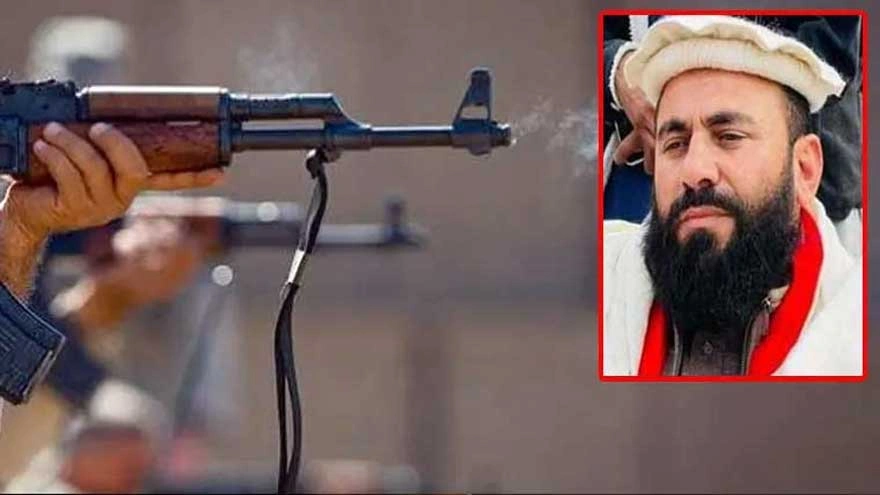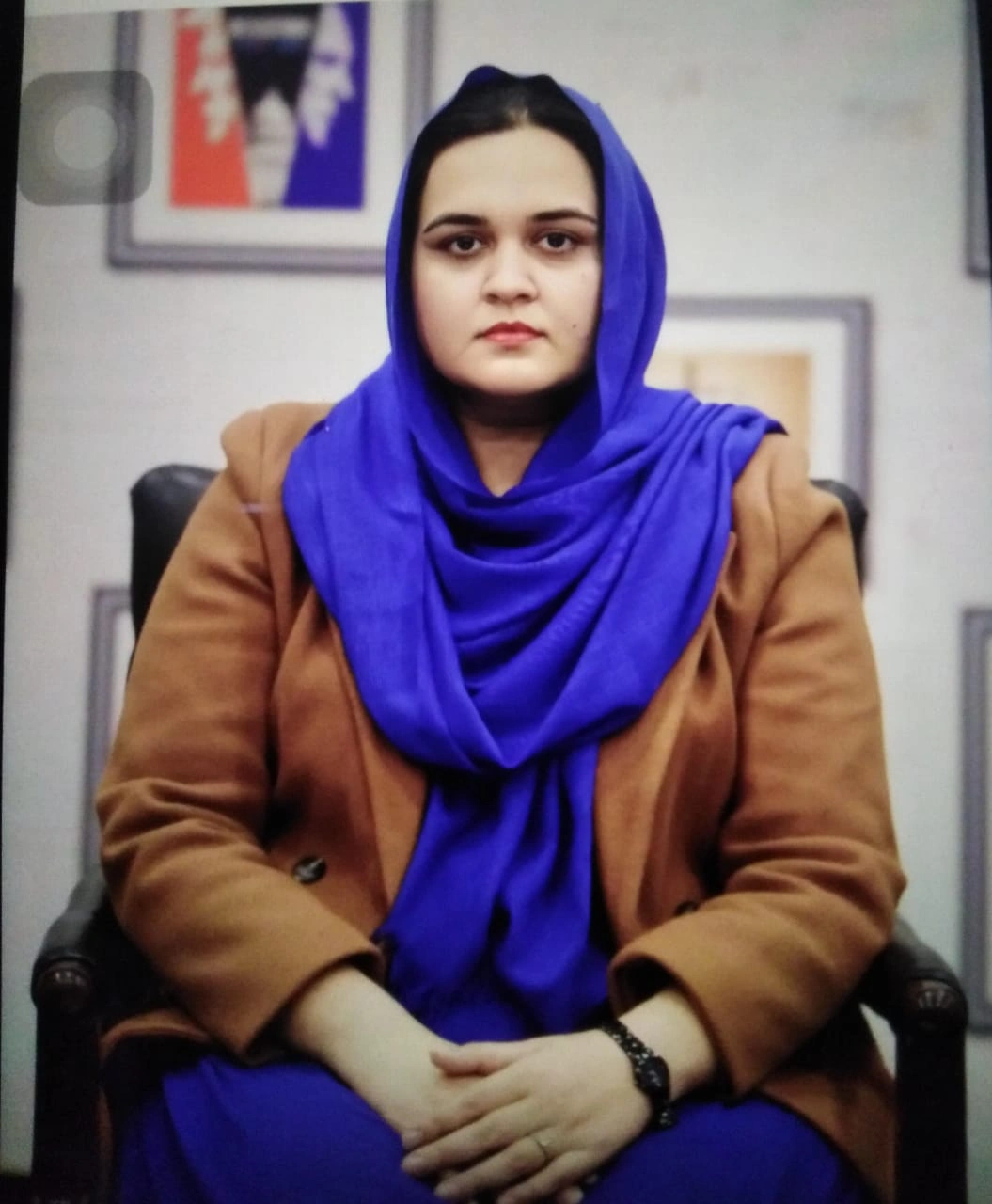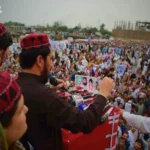Bullets are an obvious symbol of violence and conflict, which prevents peace. Bullets not just injure individuals physically, but they also make it even harder for groups to come together and forgive. Bullets have caused a lot of pain and suffering in the past and in the present. They promote violence and obstruct non-violent problem-solving. Despite laws designed to lessen the damage caused by weapons, which hinders the spread of peace, bullets are still produced and used in many conflicts.
Consequently, it leads to immediate damage, bullets also promote mistrust and terror, which breed more weapons and conflict. Bullet manufacturing and sales encourage wars and hinder peace talks. Every bullet that is fired kills innocent people, and communities struggle consequences over time. That money which were spent on bullet production could be utilized to build schools, hospitals, and other necessary infrastructure, these all will contribute to a more peaceful world. Therefore, bullets waste resources that people need to live better lives in addition to causing violence. This demonstrates the value of settling disputes peacefully as opposed to with force.
Molana Khan Zaib: A Case study
In areas where sectarian and military disputes have left scars. Seeking peace frequently turns out to be the riskiest course of action in areas ravaged by militant behaviour and sectarian violence. The brutal murder of Molana Khan Zaib, a rare voice of reason who actively opposed sectarian hatred and militancy, is a perfect example of the violent opposition that peace advocates encounter today. His murder becomes an awful indicator that weapons are frequently used to disrupt peace and that it is not just a personal attack but also a vicious attack on the peace process in every aspect.
The Attack on Voices of Unity:
Molana Khan Zaib was a light of hope in a dangerous area. He fought against extremism and called for peace all the time. The killing of someone like this is a chilling sign that radical groups see those who preach peace as enemies more and more. When a man of God is killed for speaking out against violence, it shows how hypocritical terrorists are when they say they want peace but thrive on violence. It is also disturbing that people are praising his death online. The murder has been observed by accounts that are indirectly associated with ISKP, that demonstrate how terrorist groups use social media to spread fear and regulate violence. Social media is negatively used by extremists to recruit followers, spread wrong information, and exalt terrorist attacks. Without stringent laws and international cooperation, these platforms could become echo chambers.
The Broader Implication of Silencing Peace Activists
A national reckoning must be prompted by Molana Zaib’s murder. Who benefits if a man who advocates for unity is silenced? It’s time to acknowledge that the purpose of targeting peace activists is to cause social instability. Every murder sends a harmful message: society implicitly accepts the price of remaining silent in the face of violence when it turns a blind eye.
The message that silence is the price of murder is conveyed to extremists each time society ignores such murders. The death of those who advocate for peace cannot be accepted as normal. Another Molana will fall tomorrow if there isn’t any outrage today. ISKP and other terrorist groups thrive on sectarian divisions, chaos, and terror. They seek to splinter society along ideological lines by going after unifying individuals like Molana Zaib. His passing is an attack on the collective soul of a nation that is attempting to recover, not just a setback to a single community.
Input
- A lasting peace may not always be achieved by peace agreements: Because they fear unresolved grievances or retaliatory violence, victims of parties not taking part in peace negotiations may oppose peace initiatives in multi-faction conflicts.
- Peace can be fragile and conditional. Support for peace is often linked to which groups hold power or are believed to be responsible for past violent incidents, which implies that some victims or groups may be left out or marginalized.
- Military spending to end terrorism could promote lasting peace, and the production and trade of weapons exacerbates conflict dynamics. So, it is to work to increase our funding for ending terrorism, and also to work on ending every kind of weapons trade.
Through inciting fear and carrying out assassinations, violent actors try to destroy the tenuous threads of harmony in the tragic reality portrayed in “Bullets against peace.” The murder of Molana Khan Zaib serves as an upsetting example that peace requires not only the absence of warfare but also an unlikely act of opposing hatred and extremism. The preservation of voices like his is essential to the future of any society that aspires to unity. Society must increase its calls for peace, control social media to stop extremist propaganda, and hold violent criminals accountable in order to combat this threat. Those who oppose peace will then be remnants of a violent past rather than the present, and those who support it will be able to walk fearlessly.








